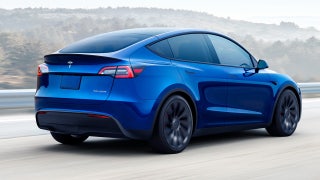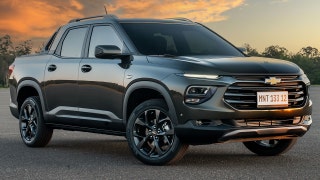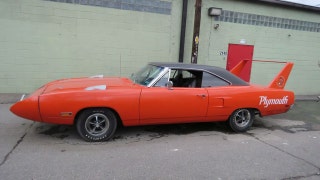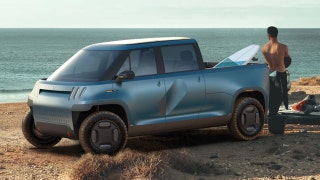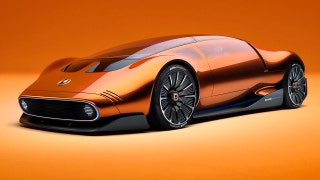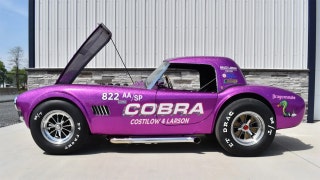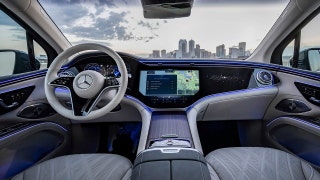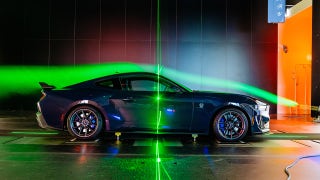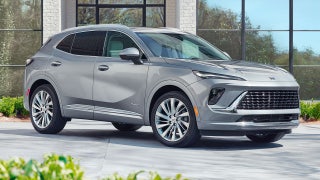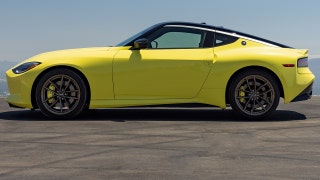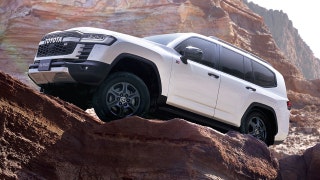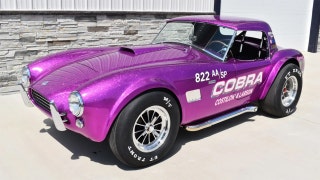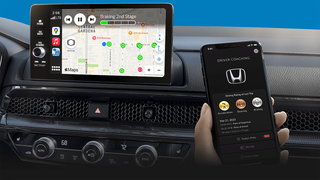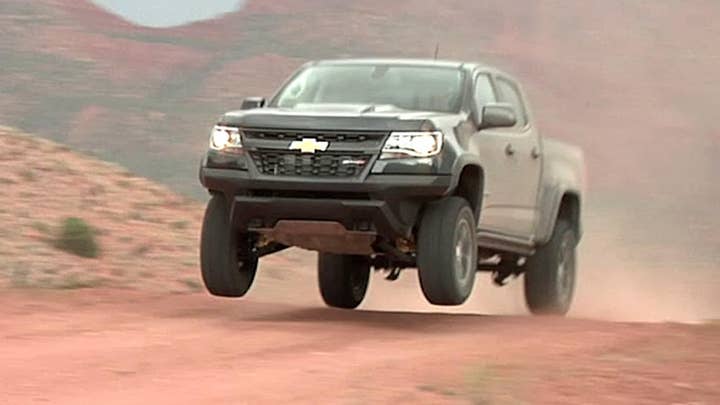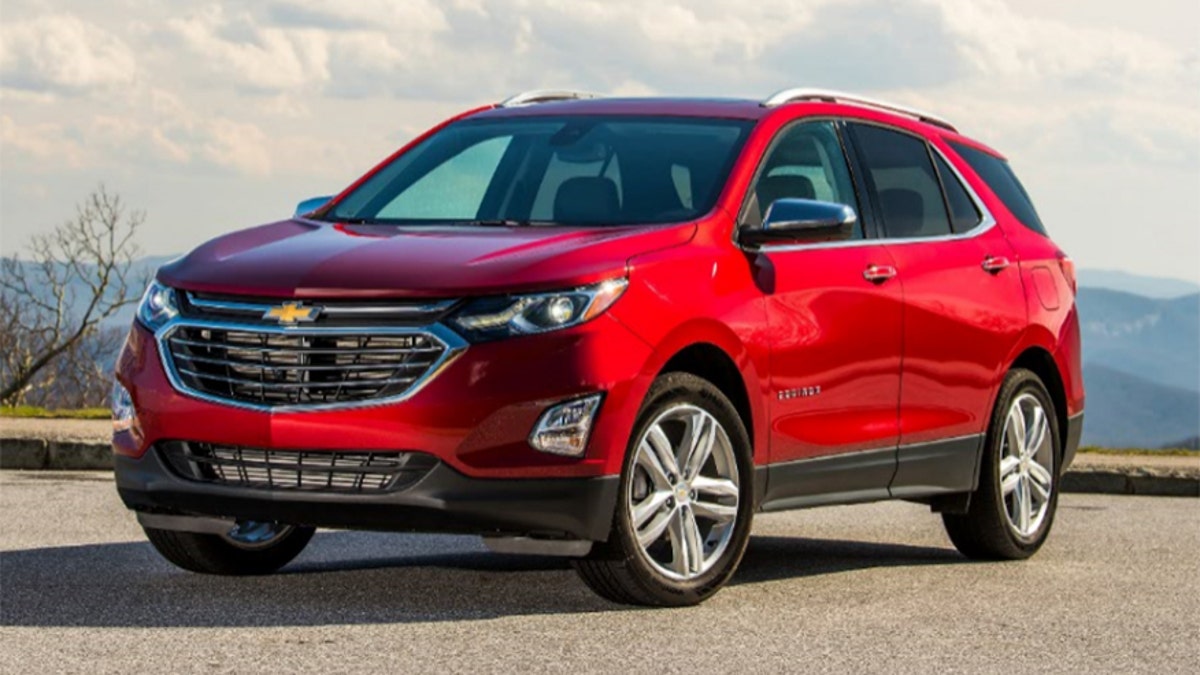
(Chevrolet)
General Motors will soon offer 12 models powered by diesel engines in the United States, but don’t call them the dirty dozen. Despite the recent Volkswagen emissions scandal, and a quickening industry-wide shift toward electrification, GM sees a promising future for the technology.
The lineup covers a wide range of vehicles that already includes the Chevrolet Cruze, GM’s heavy duty trucks and even the high performance off-road Chevy Colorado ZR2 pickup. But the newest entries have the potential to be the biggest-sellers.
CHEVROLET COLORADO ZR2 TAKES FLIGHT:
Chevrolet Equinox and GMC Terrain compact utility vehicles powered by diesel engines are on the way to showrooms now. They will be the only diesels and boast the highest highway fuel economy in the segment when they go on sale in a couple of weeks. The pair use the same 137 hp 1.6-liter turbodiesel engine as the Cruze, and get EPA ratings of 39 mpg highway (38 mpg AWD) and 32 mpg combined. Only the Nissan Rogue Hybrid has a better combined rating at 34 mpg, but it trails the GM models on the highway at 35 mpg. The Equinox can also go 577 miles between freeway fill-ups (592 miles for AWD models thanks to a larger tank.)
GM’s sales pitch is based largely on that highway efficiency, and the robust 240 lb-ft of torque that comes with it. By contrast, the standard 170 hp 1.5-liter turbocharged gasoline engine has 203 lb-ft of torque, but only gets 32 mpg highway, while an optional 252 hp 2.0-liter engine cranks out 260 lb-ft of torque and a 29 mpg highway rating.
Dan Nicholson, GM Vice President Global Propulsion Systems, is confident there is a large and largely untapped market for diesel-powered light duty vehicles in the United States. He points to the success of the Colorado and GMC Canyon diesels, which make up about 10 percent of the sales for those two midsize pickups, along with studies that found 16 percent of compact crossover buyers would consider a diesel, which will represent nearly half a million of them by 2020.
When asked if VW’s woes have soured consumers on diesels, Nicholson said indications are that owners felt let down by the brand but don’t blame the technology. They’re still interested when it’s done properly, and he stresses that the latest offerings from GM have had their emissions certified under the most rigorous federal scrutiny yet required.
During a very short drive of the Equinox diesel on secondary roads, the engine felt as potent as advertised. The Equinox exhibited strong acceleration, and even a little torque steer in the front-wheel-drive model I was in when I floored the accelerator. GM claims the engine is roughly half as loud as the diesel in the Jaguar F-Pace, and it is nearly silent while cruising. Tucking the timing chain into the transmission bell housing at the back of the engine for added insulation was one clever way GM’s engineers reduced some of the noise. However, it still makes a muffled, yet recognizable diesel clatter at idle and under load.
(Super-short Equinox review: regardless of engine, I think it's one of the best vehicles in its class, which includes the Honda CR-V and Nissan Rogue. It’s very refined, has an excellent ride and plenty of room for passengers and cargo, plus lots of tech. The only thing missing is adaptive cruise control, although you can get it with automatic emergency brakes. The old Equinox was a strong-seller. This one definitely deserves to be.)
I didn’t get to go far enough to get a read on fuel economy, but assistant chief engineer Mike Siegrist said he gets better than the EPA rating at sustained high speeds in the real world. That’s often the case with diesel engines and likely to be true here.
One advantage the diesel Equinox doesn’t have over the gas models is towing. Its official rating is the same as the 1.5-liter’s at 1,500 pounds and well below the 2.0-liter’s 3,500-pound max. Considering diesels are typically touted for their heavy hauling capability, this might seem counterintuitive, but the Equinox body doesn’t deliver enough cooling airflow for the hotter-running diesel engine in the toughest tests. Nevertheless, Siegrist said that towing isn’t a top concern for shoppers in this segment.
As for what they’ll pay, the lowest priced diesel available is a mid-level Equinox LT, which starts at $31,435. The closest comparably-equipped Equinox with the 1.5-liter is $1,795 less, and the 2.0-liter $600 more (although both of those have a power liftgate that’s valued at $400 and only available on the diesel through a much different configuration.)
The diesel will save the average driver $100 and $550 annually compared to each engine, respectively (minus an extra $15-$20 every 5,000-6,000 miles to refill the required diesel exhaust fluid that keeps it clean.) That’s assuming 15,000 miles driven each year. If you do more of those on the highway, or the spread between gas and diesel prices where you live is smaller, the savings will be greater.
Ultimately, GM is offering a unique choice for a specific type of customer, not a silver bullet for all. If you're a long-hauler, but don't haul a whole lot, it could be the right one for you.
